From Global Warming to Global Burning and the opportunities for brand
 I had the chance to hear a motivational speech after the president of Sri Lanka and the minister of plantations spoke at the 129th annual general meeting of the Colombo Tea Traders Association. While the minister thanked the sector participants for their unwavering courage in supporting the exports business and helping to achieve the goal of generating desperately needed foreign exchange for Sri Lanka’s economy, HE the president drew the crowd’s attention to an analysis of his own to mention how the strategies of the two industry giants could change from where they are currently headed.
I had the chance to hear a motivational speech after the president of Sri Lanka and the minister of plantations spoke at the 129th annual general meeting of the Colombo Tea Traders Association. While the minister thanked the sector participants for their unwavering courage in supporting the exports business and helping to achieve the goal of generating desperately needed foreign exchange for Sri Lanka’s economy, HE the president drew the crowd’s attention to an analysis of his own to mention how the strategies of the two industry giants could change from where they are currently headed.
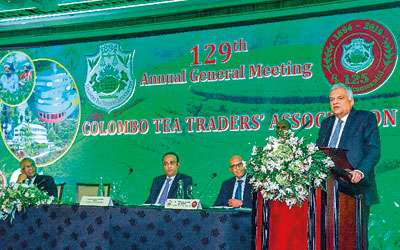 The main point of his speech was that China would seek out more opportunities to export tea because of its population decline trend, which would allow them to find ways to export the excess production that is currently meeting local needs. This would contrast with India, whose population growth is creating a local demand for its own teas. The main realisation was that Kenya, as well as the two global powers India and China, would leave no space for Sri Lanka if we continued to compete in the volume game of tea exports.
The main point of his speech was that China would seek out more opportunities to export tea because of its population decline trend, which would allow them to find ways to export the excess production that is currently meeting local needs. This would contrast with India, whose population growth is creating a local demand for its own teas. The main realisation was that Kenya, as well as the two global powers India and China, would leave no space for Sri Lanka if we continued to compete in the volume game of tea exports.
1 This insight was further supported by the key note speech delivered by Dr Ravi Fernando who went onto highlight three important factors which can have an impact on the future of our tea business. Era of Global Warming is over – Now it’s the era of Global Boiling. Importance of positioning a country for something which can underpin the efforts of individual brands. Importance of having a clear POD or a differentiator in making a proposition. Era of Global Warming is over – Now it’s the era of Global Boiling
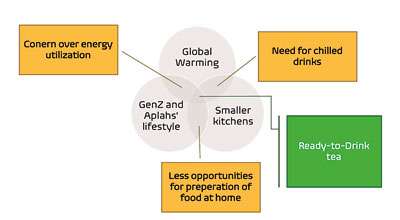 2 After the hottest July, UN chief Antonio Guterres declared: “The era of global warming is over; the era of global boiling is here.” Combining this with gen Z and Alpha tendencies as well as another essential truth mentioned by HE the President of Sri Lanka, the world’s kitchens are getting smaller by the day, encouraging people to choose RTDs. The GenZ and Alpha generations make informed decisions and avoid using alcohol and other drugs. They enjoy carbonated beverages. also understand the effects of global warming and the need to use less energy. When all the pieces are put together, it is clear that the need for RTDs will increase.
2 After the hottest July, UN chief Antonio Guterres declared: “The era of global warming is over; the era of global boiling is here.” Combining this with gen Z and Alpha tendencies as well as another essential truth mentioned by HE the President of Sri Lanka, the world’s kitchens are getting smaller by the day, encouraging people to choose RTDs. The GenZ and Alpha generations make informed decisions and avoid using alcohol and other drugs. They enjoy carbonated beverages. also understand the effects of global warming and the need to use less energy. When all the pieces are put together, it is clear that the need for RTDs will increase.
3 The next big thing for us is RTDs. Importance of positioning a country for something which can underpin the efforts of individual brands. Dr. Fernando continued by emphasising the fact that countries who have excelled in particular industries have done so by developing numerous brands. For the audience’s ease of understanding, he used the automobile sector as an example.
 The majority of cases would attest to the fact that Germans are known for their engineering prowess, and they have built so many enormous automobile brands that are collectively contributing to the economy and jointly conquering the world automobile market, even though there are exceptional cases like Korea in making Samsung mobile handsets, which is the only brand in the country to conquer the world market and contribute more than 40% of the GDP of South Korea. He also emphasised the wonder of Japanese autos and how the government of Japan helped the sector to rule the globe by recognising various markets on various continents and placing them for various objectives.
The majority of cases would attest to the fact that Germans are known for their engineering prowess, and they have built so many enormous automobile brands that are collectively contributing to the economy and jointly conquering the world automobile market, even though there are exceptional cases like Korea in making Samsung mobile handsets, which is the only brand in the country to conquer the world market and contribute more than 40% of the GDP of South Korea. He also emphasised the wonder of Japanese autos and how the government of Japan helped the sector to rule the globe by recognising various markets on various continents and placing them for various objectives.
4 He emphasised the need for at least six Sri Lankan brands to enter the value-added industry and establish their brands so they may control a sizeable piece of the global branded tea market. Importance of having a clear POD or a differentiator in making a proposition Dr Fernando’s next big bullet point was the need for a brand to have a clear differentiator. The English Tea Shop clearly differentiated themselves from all the other Ceylon Tea brands by sticking to organic tea. 5 The only Sri Lankan company to date to have received a B corporation certification is English Tea Shop.
Companies that have been certified as B Corporations, or B Corps, by B Lab have proven to meet strict criteria for social and environmental performance, accountability, and transparency. This is entirely attributable to their business approach of supplying organic tea to the market. Conclusion The Sri Lankan government must encourage the CTTA members to go forward and create an increasing number of brands. The final objective should be to develop at least 5–6 top brands that will command consumers’ attention in the branded tea category by 2035 if we are to succeed in this game.
It means that a strategic approach is required, and I am confident that the current tea board chairman and the recently appointed CTTA officials would exert every effort to bring Sri Lanka and Sri Lankan tea closer to their goals. If five to six Sri Lankan tea brands are distributed to half the world’s nations as premium tea brands, the results should only be evident by 2030.




































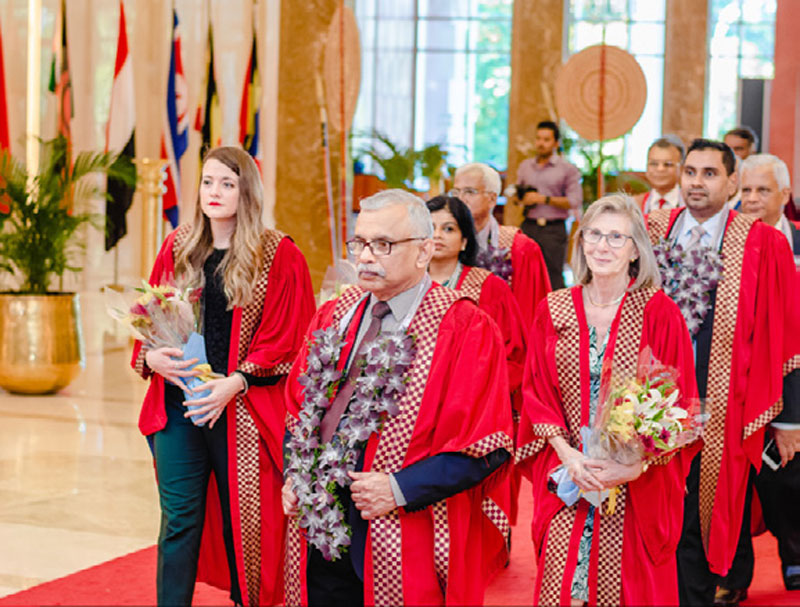

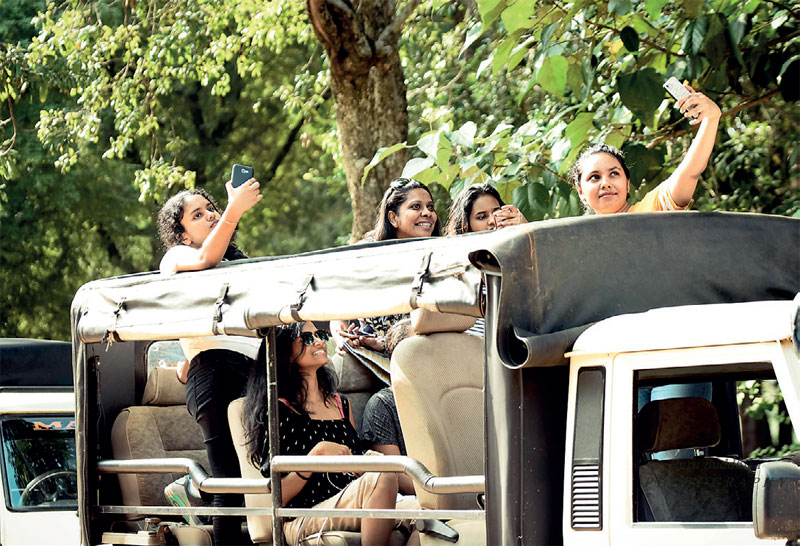

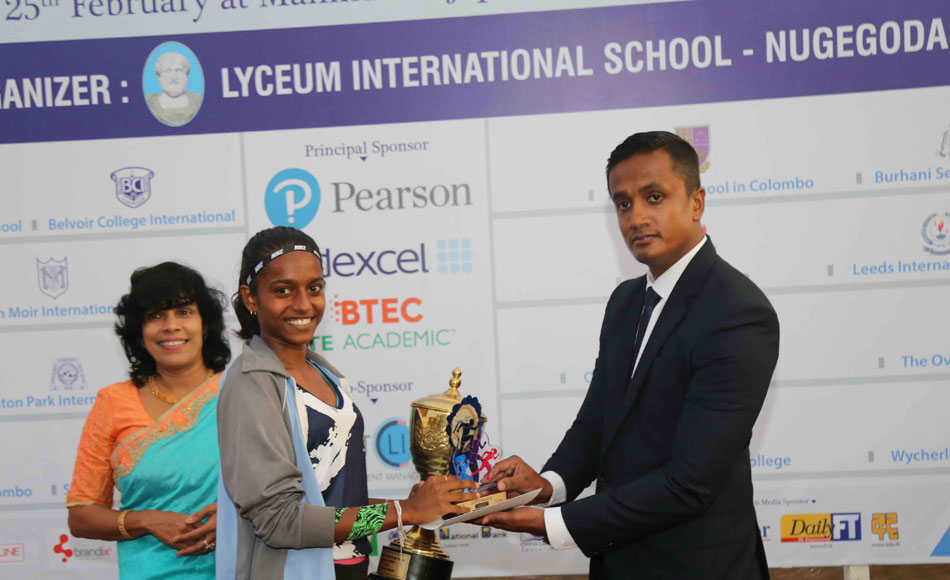
.jpg)

.jpg)
.jpg)
.jpg)
.jpg)
